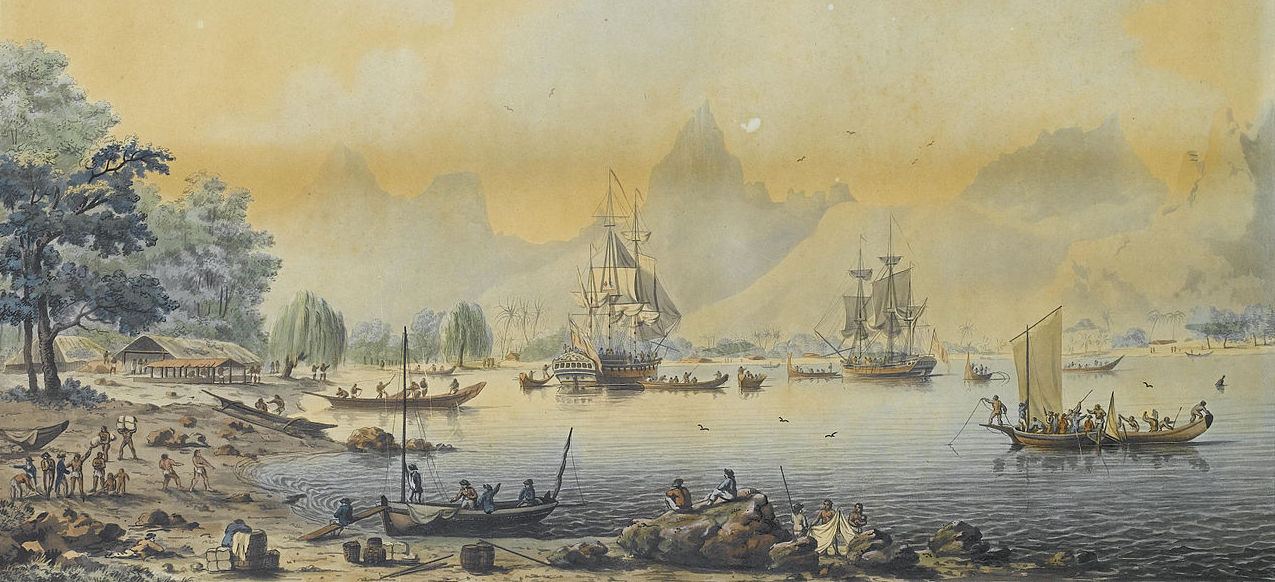European Empires, Exploration, and Exchange since 1500
Taught: Fall 2019

History 1200 examines the dynamic transformation of Europe and Europe’s interactions with the world across four centuries of social, cultural, political, and economic change. The course begins with Europe on the precipice of the Age of Discovery, a remarkable period in which the European world expanded beyond the confines of the Mediterranean to encompass direct contact with the riches of the Indian Ocean and the discovery of — to the Europeans — the New World of the Americas. The first half of the course explores the consequences of the Age of Discovery for Europeans and the peoples they encountered. The second half of the course takes on the question of the Great Divergence, or how Europe came to be politically and economically dominant on the world stage by the early twentieth century, investigating the ways industrialization and revolutions across the Atlantic world fundamentally altered and disrupted political and social structures in Europe and across the globe.
The course will focus on developments that highlight momentous changes in European society brought on by European interactions in the world: the significance of inclusion and exclusion in the development of cultural and political power, the transition from commercial to industrial capitalism, and the gradual and incomplete movement from a corporate hierarchical society to one based on the rights of autonomous individuals. Throughout the course we will draw attention to social and cultural changes, investigating the lives of common women and men as much as kings and the nobility. At all points emphasis will be placed on historical thinking and trying to better understand past cultures rather than memorization of facts, figures, and dates.